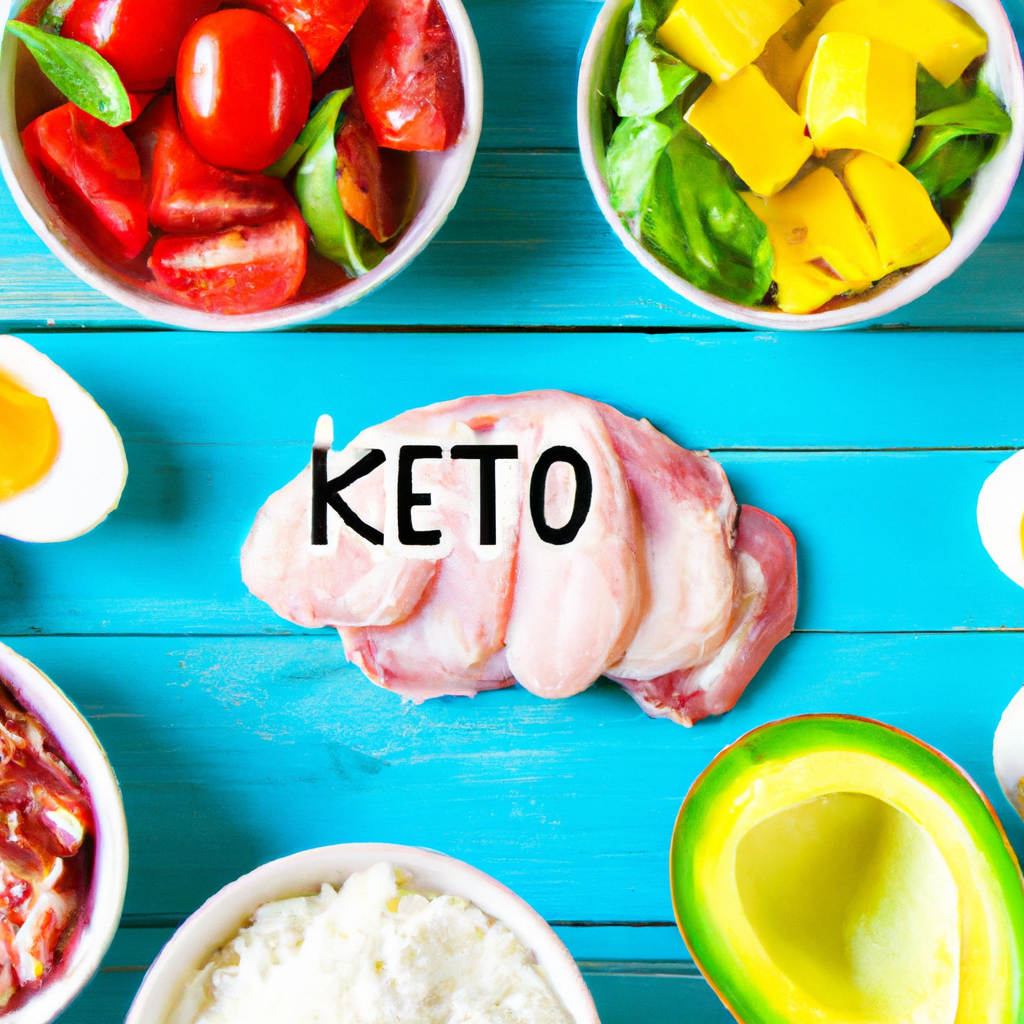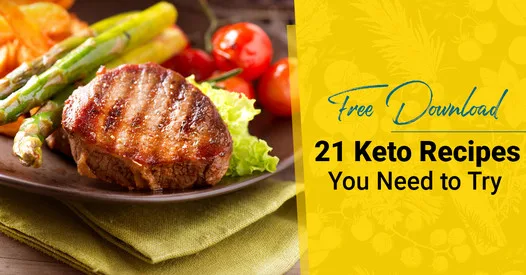Imagine this – you’ve been working hard on your weight loss journey, sweating it out in the gym, and eating clean; but then, you hit a wall. Nothing seems to be shifting that stubborn number on the scale. It’s frustrating, isn’t it? Well, you’re not alone and it’s absolutely normal to hit a weight-loss plateau. You might have heard about Keto and high protein diets as potential solutions. If you’re struggling to decide which dietary strategy is best for you, our article “Weight Loss Plateau: Keto or High Protein?” aims to shed some light and help you make an informed decision. So, buckle up and let’s dissect these diets to see which one could potentially reignite your progress.
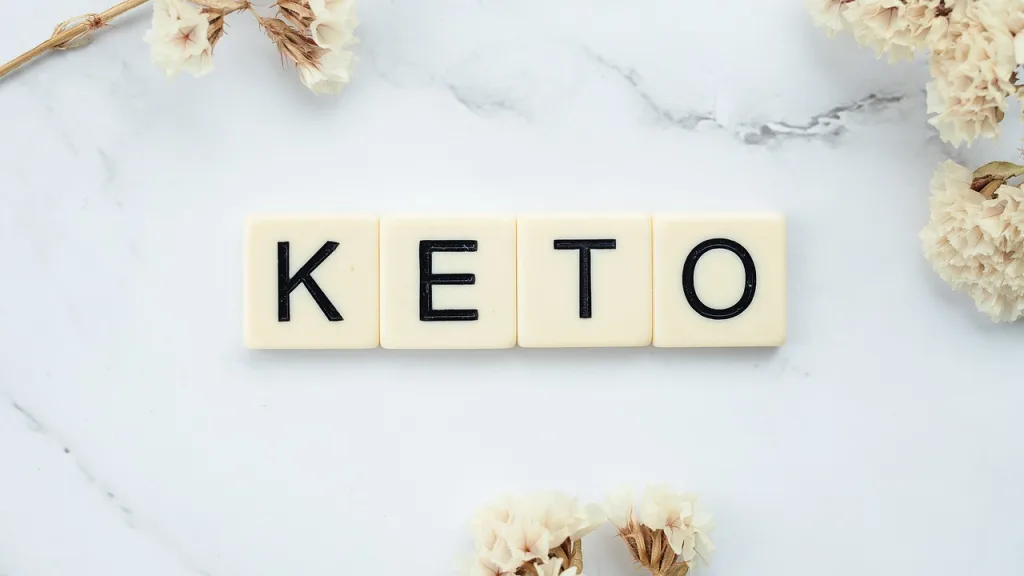
Understanding Weight Loss Plateau
You’ve been doing everything right, eating less and moving more, yet the weight seems to have suddenly stopped dropping off. This stall in your weight loss journey is known as a ‘weight loss plateau’. This could feel frustrating, and you might be wondering, ‘why is this happening?’ Don’t worry, it’s a natural part of weight reduction process and you are not alone in this!
Defining weight loss plateau
A weight loss plateau is a period of time during which your body weight remains at the same level. You’re still doing all the hard work, but the scales aren’t budging. It’s totally normal and something almost everyone on a weight loss journey experiences.
Causes of weight loss plateau
So, why does a weight loss plateau happen? As you lose weight, you lose some muscle along with the fat. Muscle helps keep your metabolism active, so when you lose muscle, your metabolism slows, and you burn fewer calories. This can lead to a slower rate of weight loss or a plateau. Additionally, your body gets used to the new lower calorie diet and adjusts to efficient usage making ‘calorie deficit’ harder to achieve.
Typical duration of a weight loss plateau
The duration of a weight loss plateau can vary greatly from person to person. It could last a few weeks to even a few months. During this time, the body is actively adjusting to a new normal weight.
Keto Diet Basics
You might have heard a lot about the keto diet. It’s a popular diet plan that a lot of people swear by.
Understanding the keto diet
The ketogenic or keto diet involves eating foods high in fat, moderate protein and very low carbs. The aim here is to get your body into a metabolic state known as ketosis, where it burns fat for fuel instead of carbs.
Benefits and drawbacks of the keto diet
When it comes to the keto diet, there may be potential benefits such as rapid weight loss, improved blood sugar regulation, and increased mental clarity. However, the diet also has its drawbacks. It might lead to nutrient deficiencies, kidney problems, and constipation. It’s also tough to stick to such a stringent diet plan.
How does the keto diet contribute to weight loss?
The process of ketosis is said to force your body to burn its fat stores for energy, leading to weight loss. Also, high fat foods can make you feel more satiated, resulting in eating less overall.
Link between the keto diet and weight loss plateau
While the keto diet can kickstart weight loss, it may also potentially lead to a weight loss plateau. Your body might adapt to using fats for fuel, slowing down fat loss.
High Protein Diet Basics
Another dietary approach that’s gained popularity is the high protein diet. This involves eating protein-rich foods and few carbs.
What is a high protein diet?
A high protein diet is one that centers on incorporating more protein into your meals. This could be through lean meats, eggs, beans, and protein shakes.
Pros and cons of a high protein diet
High protein diets might improve satiety, enhance muscle strength, and aid weight loss. They aid in muscle maintenance while promoting fat loss. But on the flip side, consuming excess protein could strain kidneys and lead to nutrient imbalance.
Potential weight loss benefits of a high protein diet
Eating a lot of protein-rich foods could help you feel full and satisfied, thus reducing overall caloric intake. Proteins have a high TEF (Thermic Effect of Food), meaning they burn more calories during digestion.
Relation between high protein diet and weight loss plateau
Similar to the keto diet, a high protein diet might initially lead to fast weight loss, but your body could adjust to the new intake levels and result in a plateau.
Comparing Keto and High Protein Diets
Now that you have a basic idea of both the diets, let’s see how they stack up against each other.
Key differences between keto and high protein diets
The stark difference between the two diets is their source of energy. In keto, the primary source is fats, while in a high protein diet it is protein. This can lead to differences in weight loss patterns and overall health impacts.
Similarities between the two diet plans
Both diet plans aim to reduce carbs in your daily intake, promote weight loss and make you feel satiated.
Ideal candidates for each dietary approach
The keto diet might be suitable for those who have a high fat tolerance and do not have any kidney issues, while the high protein diet may suit those who feel fuller with protein intake and lead an active lifestyle requiring protein for muscle recovery.
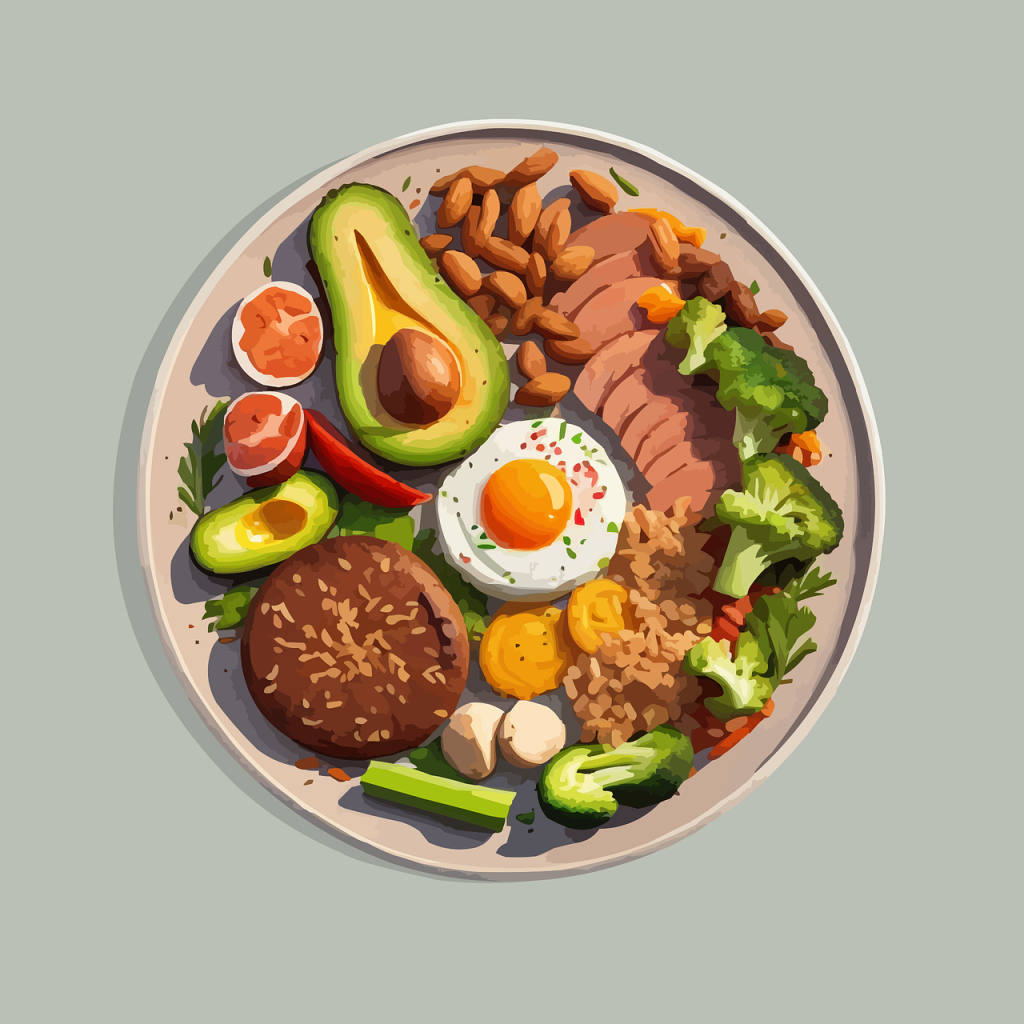
Role of Body Metabolism
One of the fascinating facts about our bodies – everybody’s metabolism is unique and it plays a critical role in weight loss.
How body metabolism affects weight loss
Metabolism is the process your body uses to convert food into energy. If your metabolism is high, you’ll burn more calories at rest and during activity, making it easier to lose weight and keep it off.
Dietary influences on body metabolism
Different foods can have different effects on your metabolism. High-fat foods could potentially slow your metabolism, while protein-rich meals might enhance it due to the higher TEF.
Impact of keto and high protein diets on metabolism
A keto diet may initially increase your metabolism as your body adapts to using fats for fuel. Meanwhile, a high-protein diet could boost your metabolism due to the high TEF of protein.
Nutritional Requirements and Variety
It’s important to not lose sight of overall nutritional needs while sticking to any diet plan.
Importance of balanced nutrition
Regardless of the type of diet you follow, balanced nutrition is essential. Proper intake of micronutrients, macronutrients, vitamins and minerals are necessary for overall health and well-being.
Comparison of nutrient content in keto and high protein diets
The keto diet is high in fats, while the high protein diet is high in protein. Both have limited carbs but ensuring adequate fiber is crucial in both. The vitamins and minerals would depend on the type of foods you use to meet your fat or protein targets.
How to maintain variety in these diets
Keeping variety in your diet can help fill nutrient gaps, keep meals interesting and maintain adherence to diet plans. In a keto diet, you could explore different sources of fats like nuts, seeds, and avocados. In a high protein diet, variety can come from lean meats, dairy, beans, and lentils.
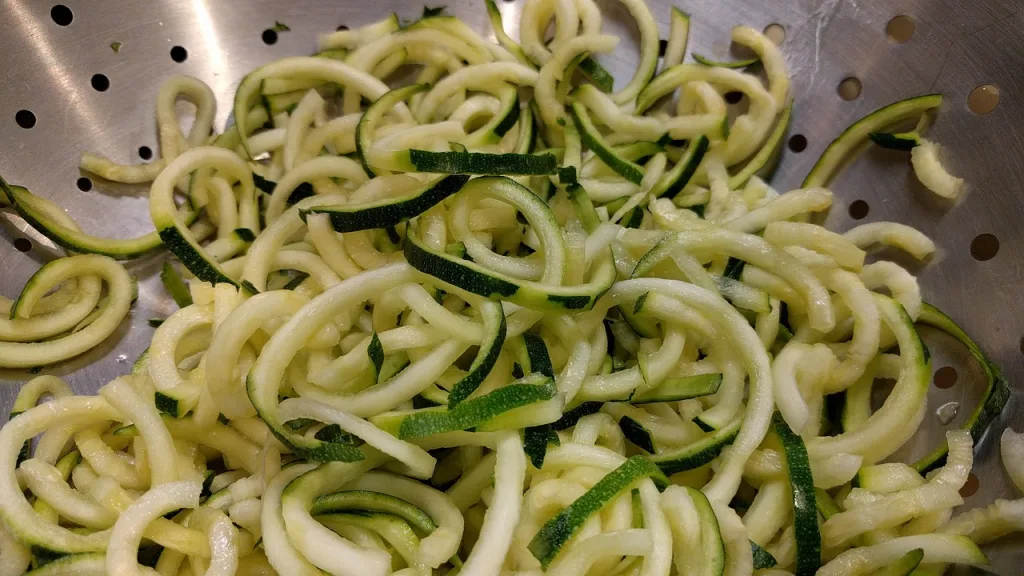
Breaking the Weight Loss Plateau
Hitting a weight plateau doesn’t mean weight loss is an impossible task. You can still achieve your target with the right strategies.
Strategies to overcome a weight loss plateau
Increasing activity levels, adding strength training, taking adequate sleep, staying hydrated, reducing stress levels, and eating mindfully can help break the plateau.
How changing diet can help break a plateau
Sometimes, mixing up your diet may trick your metabolism and reignite weight loss. You can switch between keto and high protein or add more complex carbs to see if it helps.
Role of physical exercise in overcoming plateaus
Physical exercise, especially strength training, can help you build muscle mass. This improves metabolism and helps in overcoming the plateau.
Individual Differences and Personal Fit
A significant aspect of effective weight loss is understanding that one size does not fit all.
Considering your personal health and fitness level
Your current health status, lifestyle, genetic makeup and even gut microbiota all influence how your body responds to a certain diet.
Adjusting dietary plans for individual variability
Being flexible and open to tweaks in your diet plan based on your body’s responses is crucial. The diet should not just facilitate weight loss but also make you feel good overall.
Importance of consulting a dietician or nutritionist
A dietician or nutritionist can provide personalized advice and guidance, taking into account your individual needs and lifestyle factors.
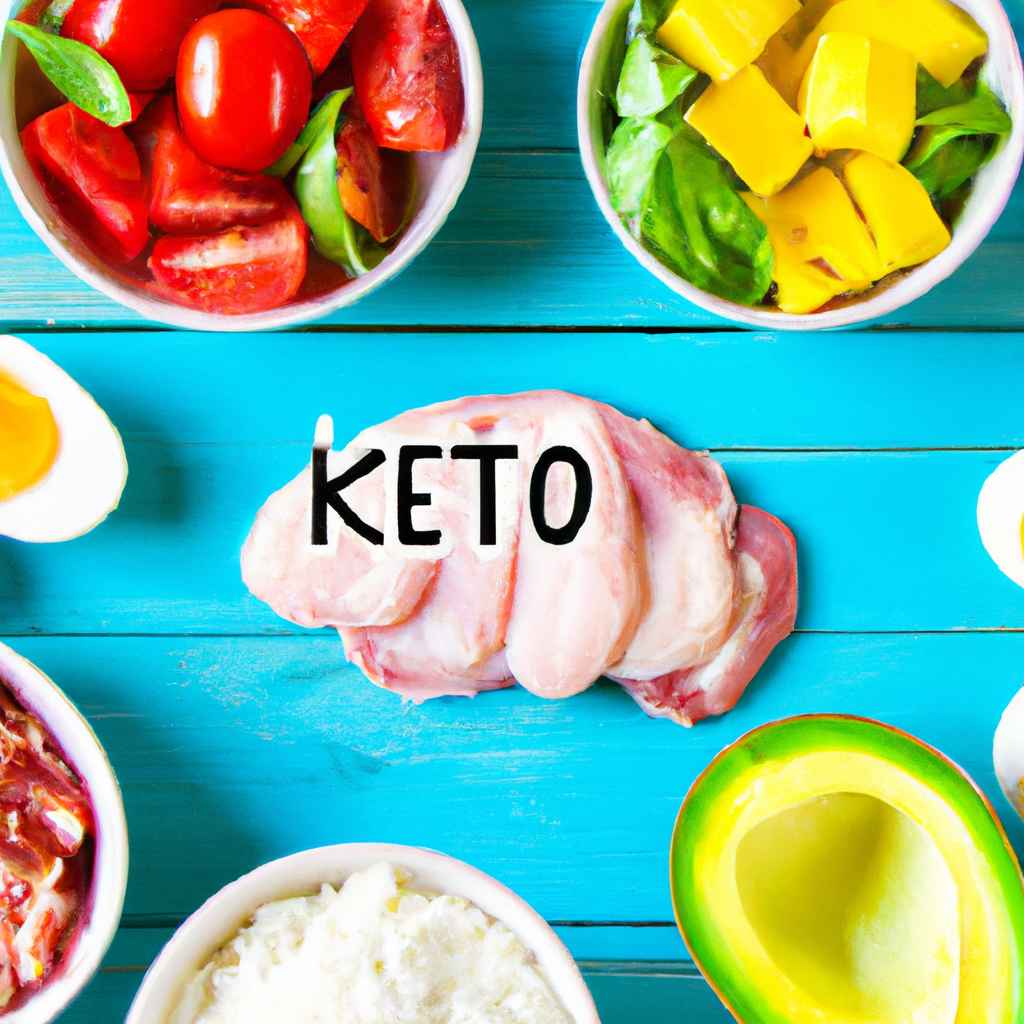
Success Stories and Case Studies
There’ve been plenty stories of folks who’ve achieved their weight goals with keto or high protein diets.
Real-world examples of weight loss with keto and high protein diets
Many celebrities, athletes, and everyday people have successfully lost weight and improved their health with the help of these diets.
Lessons learned from success stories
Persistence, consistency, listening to your body and being open to change are common themes in most success stories.
In-depth case studies
There is a wealth of scientific literature exploring the effects of keto and high protein diets on weight loss and health outcomes in greater depth.
Conclusions and Recommendations
So, should you choose keto or high protein to break that weight loss plateau? The choice ultimately depends on your individual needs and preferences.
Advantages and disadvantages of keto vs high protein for weight loss plateau
While both diets can aid in weight loss, they come with their pros and cons. Factors like initial weight loss speed, sustainability, impact on muscle mass, and influence on metabolism are worth considering.
General recommendations for those facing a weight loss plateau
Stay patient, persistent and positive. Mix up your routines and seek professional advice if needed.
Future research directions
The area of nutrition and weight management is growing immensely. Further research may reveal even more targeted dietary strategies to overcome weight loss plateaus.
